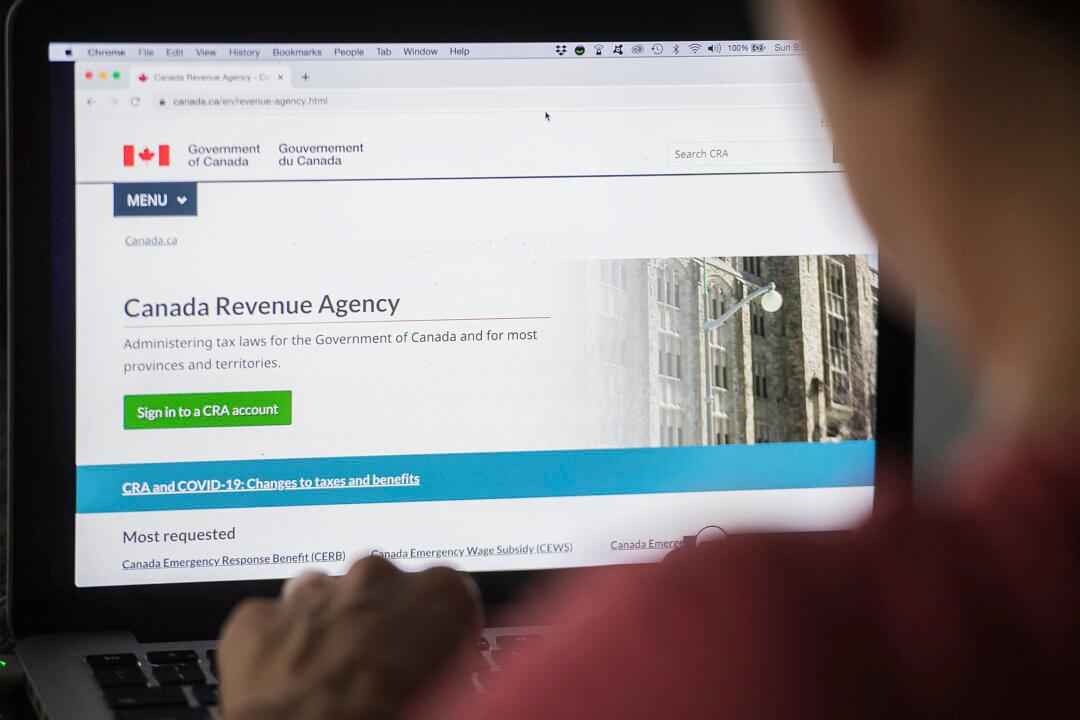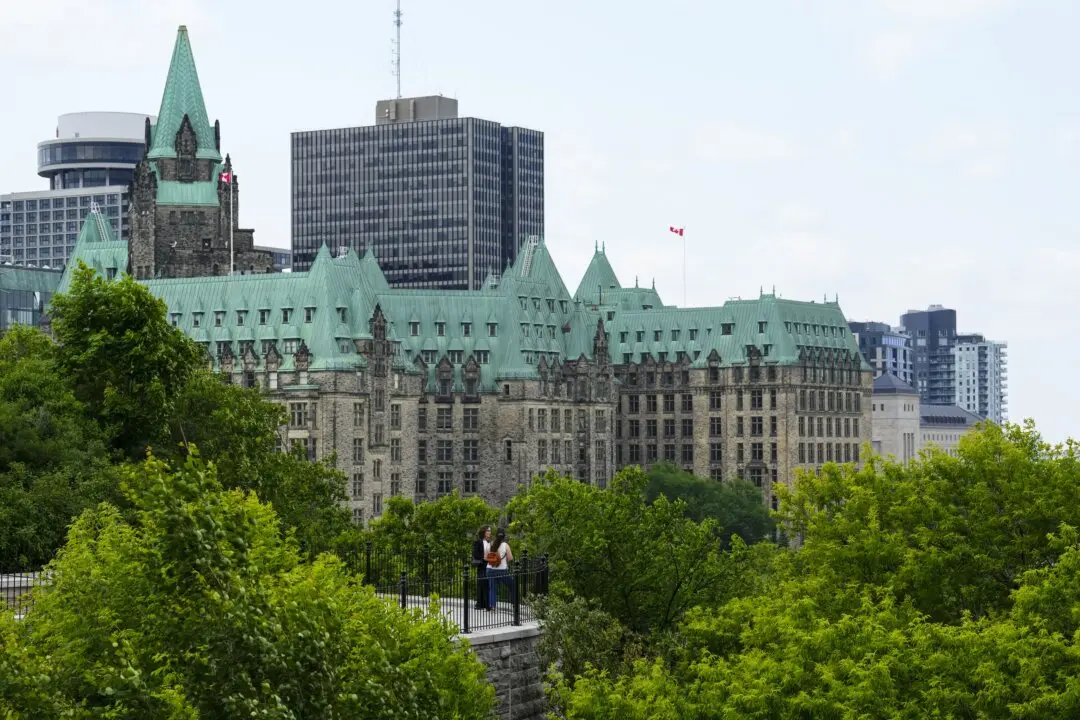It’s almost tax season, which can be stressful, but it doesn’t have to be. Here are some tax breaks to be aware of to make filing easier.
Homebuyers Tax Credit
The Canada Revenue Agency (CRA) allows first-time homebuyers to claim up to $10,000 in
tax credits if their home qualifies. Properties that qualify are single-family houses, semi-detached houses, townhouses, mobile homes, condominium units, and apartments in duplexes, triplexes, fourplexes, or apartment buildings. Owners must occupy the homes within a year of the purchase. For those who purchased homes before 2021, CRA will allow a claim of $5,000.
Moving Expenses
Individuals who moved to be closer to work or school in the last year can
claim some of the moving costs on their tax returns. This can also apply to workers and students who moved to Canada in the past year. Expenses the CRA allows for claims include transportation, storage, vehicle expenses, meals, accommodation, utility hookups or disconnections, and incidental costs such as changing your driver’s licence address. Taxpayers can also claim some of the costs associated with selling and buying a new home such as advertising fees, legal fees, property taxes, insurance premiums, mortgage penalties, and real estate commissions.
Work-From-Home Expenses
Small business owners are able to claim expenses related to working from home, and now the CRA allows remote employees to also calculate some
costs related to work. These expenses can include a portion of rent, utility fees, office supplies, and cellphone costs.
Charitable Tax Credit
The CRA gives a tax credit for money
donated to charities, which can further bring down your tax bill. Taxpayers can claim all or even part of the donation, as long as it does not exceed 75 percent of last year’s net income. Canadians can also carry over donation amounts—up to five years.
Multigenerational Home Renovation
Homeowners who invested in property renovations to create a secondary home for an elderly or disabled relative can apply the
multigenerational home renovation tax credit to their income tax return. The expense could be for services or goods used in the renovation project. The credit applies to work done on the home after Dec. 31, 2022.
RRSP
Money that Canadians pay into Registered Retirement Savings Plans (RRSPs) is another expense that can be
claimed on income tax returns. The CRA has a limit for how much a taxpayer can claim, which is specific to each person’s income. Any income earned by the RRSP does not have to be claimed as long as the money stays in the account. When individuals begin receiving payments from an RRSP, that money must be claimed as income.
Canada Training Credit
Tuition paid for a course or class at a Canadian education institution qualifies for a
tax credit. This includes fees paid for exams to earn a licence or certificate.
Dependent Tax Credit
The CRA offers a
dependent child tax credit for families with children under 18 or children over 18 with a physical or mental disability that causes them to be dependent on their parents. Taxpayers could be eligible to claim up to $7,525 on returns for dependent children. This tax credit can only be claimed by one parent, not both. The CRA says if divorced parents sharing custody of a child cannot agree on who will claim the amount, neither is permitted to apply.
Child Care Expenses
Parents requiring care for children under the age of 16 may be eligible to claim some of those expenses, such as daycare or day camps. The maximum amount permitted for a claim is $11,000. The goal of the
childcare tax credit is to help parents hire caregivers so they are free to go to work or school.





